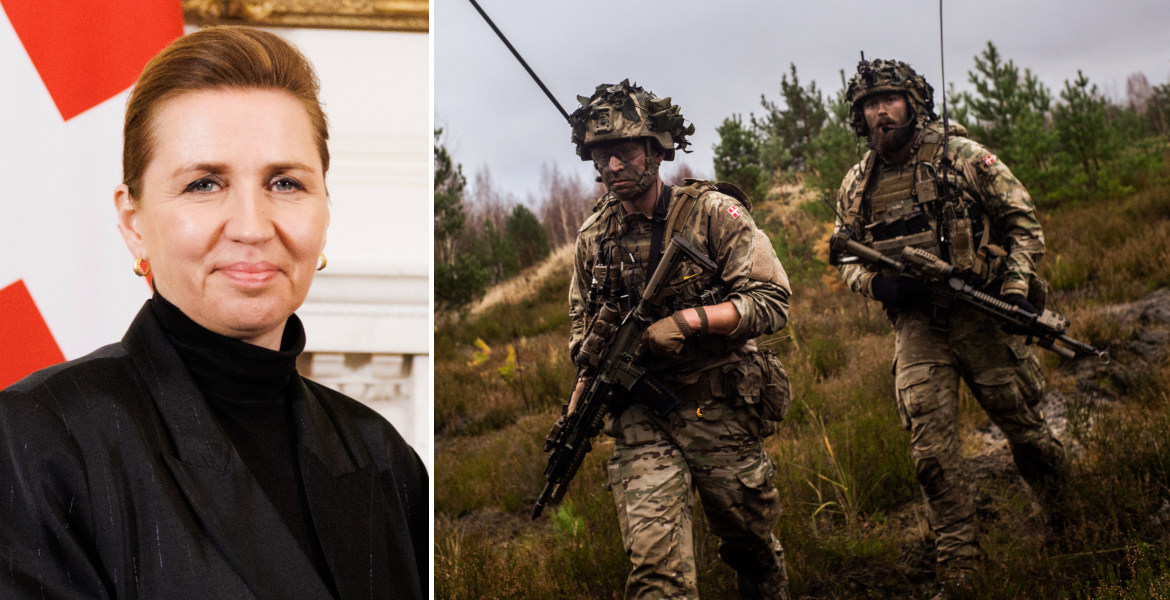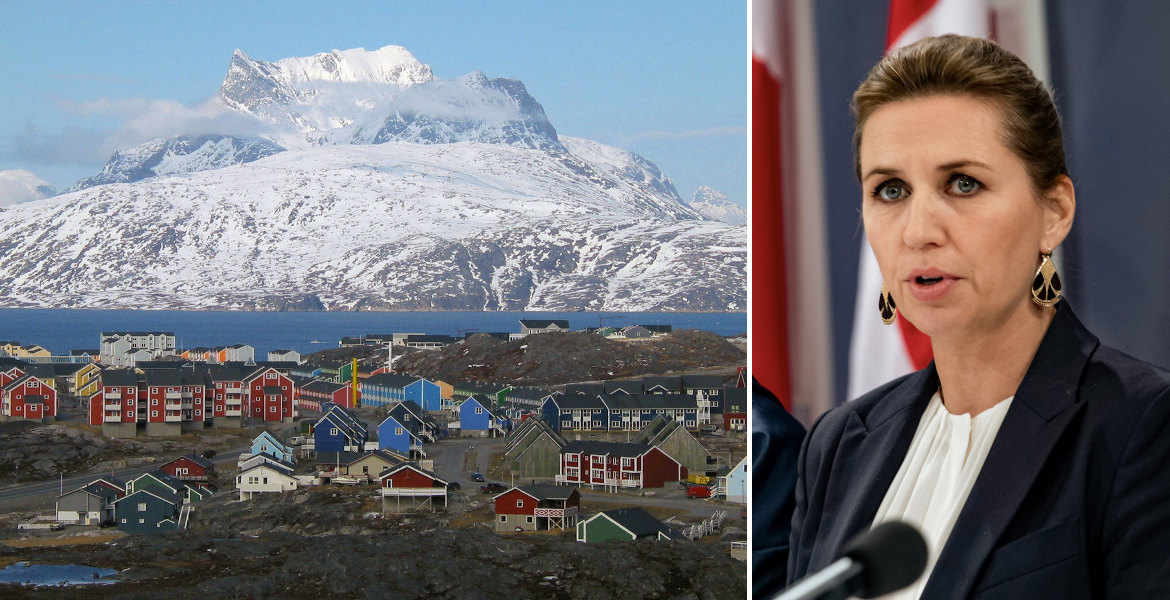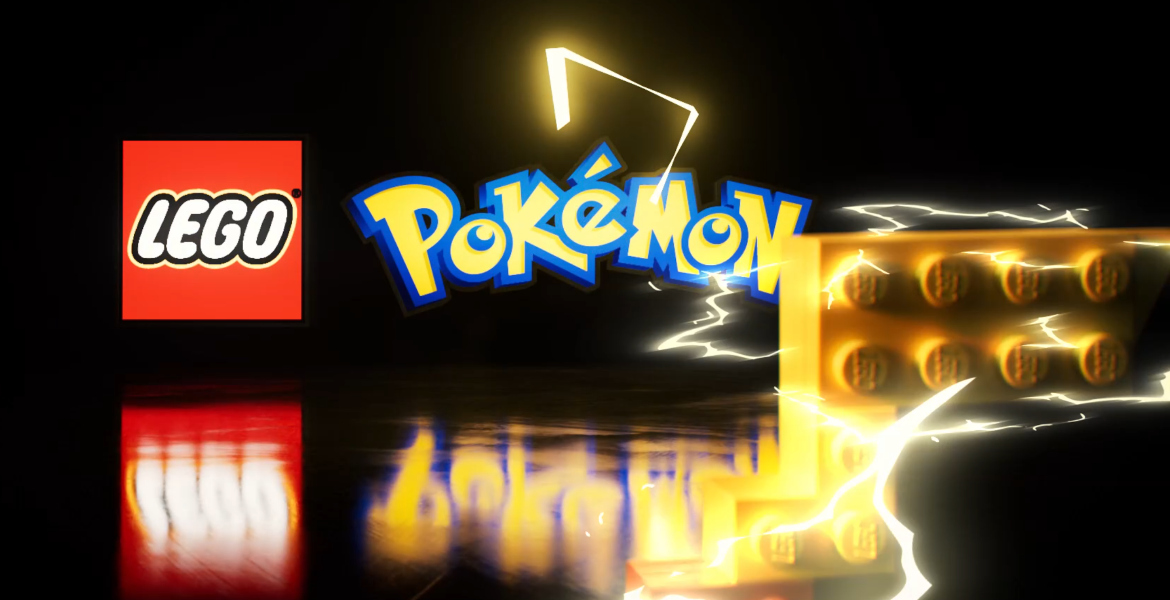Denmark is preparing to significantly increase its defense spending to meet NATO’s new targets – but the bill will be steep.
According to estimates from Aarhus University, the upgrade will require an additional 90 billion DDK (€12 billion) on top of current levels. The question now is where the money will come from – and what will have to be sacrificed in return.
– This will be something that individual Danes will actually notice, Bo Sandemann Rasmussen, professor of economics at Aarhus University, told TV 2.
After a summit in Vilnius, Prime Minister Mette Frederiksen announced that Denmark is ready to increase its defense spending to 3.5 percent of GDP and allocate an additional 1.5 percent to other security-related activities such as cybersecurity, border protection, and coastal defense.
In total, five percent of the country’s gross domestic product would go to security – more than double the current target of two percent.
But according to the professor, this would require an additional DDK 90 billion (€12 billion) in the budget – money that can hardly be found in the so-called economic reform space.
– It seems increasingly unlikely that we can count on covering 90 billion, he estimates.
Cuts in welfare?
Denmark has already significantly increased its defense spending since the war in Ukraine began, reaching around 2.4 percent of GDP in 2023 – equivalent to €9 billion. But to reach five percent, significantly more is needed – and that will have consequences.
– The population is aging, which requires more resources for public services. If we want to maintain today’s level of service, we will probably need to find new sources of funding, says the economist.
He believes that the political choice now is between cutting public spending or raising taxes, for example by introducing a special war tax.
– It’s hard to see how we wouldn’t need a tax increase to reach 90 billion. After all, it’s a very large sum.
“Other things we can’t afford”
To put the figure into perspective, Denmark spent an equivalent of €21 billion on education and €2 billion on the police in 2023. A €12 billion upgrade is therefore equivalent to six times the entire police budget.
– If the amount is lower than that, it may be more realistic to finance it, but then there are other things we cannot afford, explains Rasmussen.
A formal decision on the new defense targets is expected at the NATO summit in The Hague at the end of June. Until then, the question remains as to which areas of welfare will be cut back – and how much Danish households themselves will have to pay.
Demands from the US
It should be noted that Denmark is not the only NATO country currently spending billions on military buildup – investments that in many places are being financed by cuts in welfare.
The Trump administration is demanding that Europe and Canada take greater “responsibility” for the continent’s defense, and Defense Secretary Pete Hegseth has declared that he wants member countries’ military budgets to amount to approximately five percent of GDP.
– Two percent is a start, as President Trump has Trump has said, but it’s not enough, nor is three percent, nor is four percent. More like five percent, he emphasized earlier this year, calling on NATO countries to make “real investments”.








